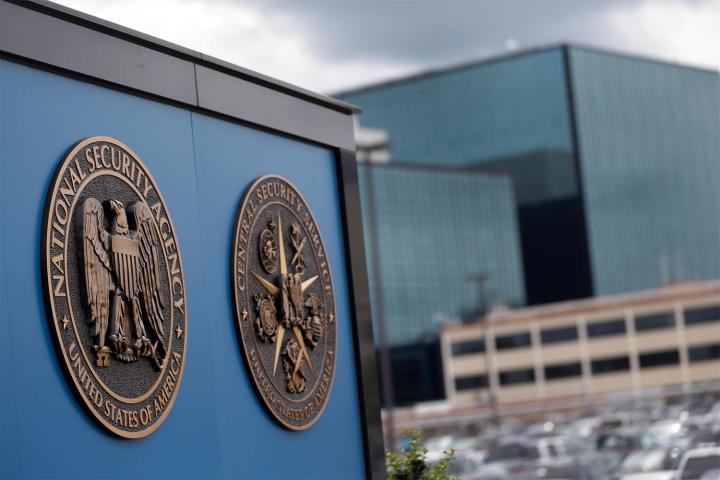
Have you been wondering how the head of the NSA can sleep at night knowing that his organization spies on millions of innocent people?
It might be fair to say that he’s been having trouble catching some Zs too.
A report indicates that NSA head Gen. Keith Alexander offered to resign after former NSA employee Edward Snowden revealed that the NSA has been monitoring untold amounts of citizens here and abroad. Though Alexander is slated to resign next year, he allegedly wanted to step down from his post, though the Obama administration prevented him from doing so.
Other elements of the U.S. government have had second thoughts about the nation’s surveillance powers and policies as well, since Snowden went public and leaked official NSA documents earlier this year. The federal government has considered making a slew of changes to the way its surveillance programs operate in the wake of Snowden’s massive leaks. For instance, Rep. Jim Sensenbrenner, who introduced the Patriot Act after the 9/11 attacks, has expressed desire to reform the NSA’s practices.
This comes after an NSA slide leaked by Snowden revealed that the NSA and its TAO arm have infected over 50,000 computer networks worldwide in an effort to mine information and monitor conversations.
Whether the Obama administration grants Alexander leave or not (in the event that he’s still seeking to resign) is unknown. What is certain, however, is that anyone who assumes Alexander’s role as head of the NSA next year will have a herculean, if not impossible, task in winning back the public’s trust while also repairing the NSA’s image globally.
In the meantime, there’s always the Safeplug.


